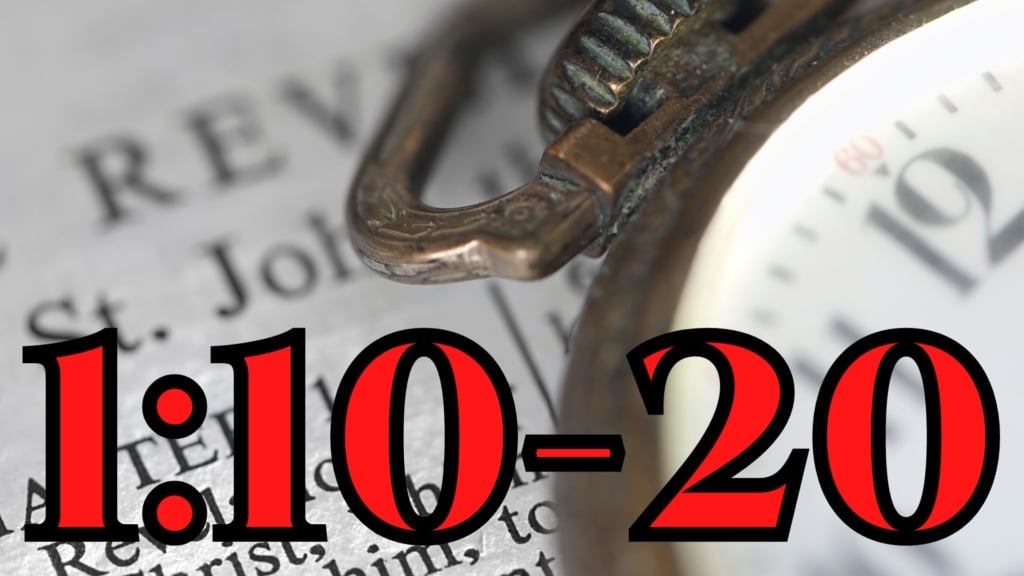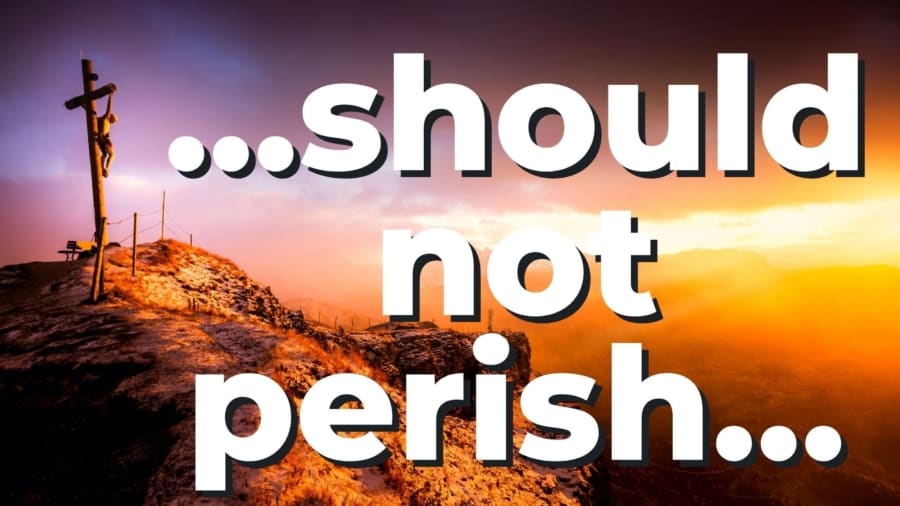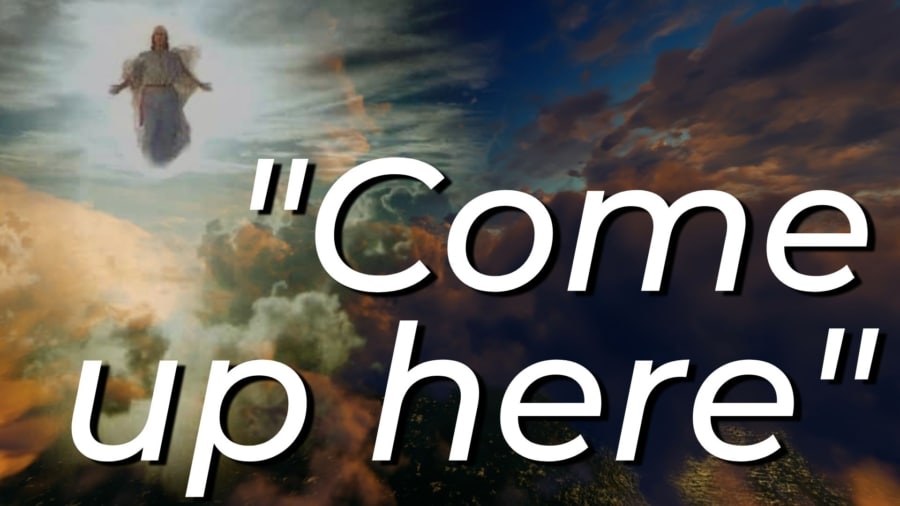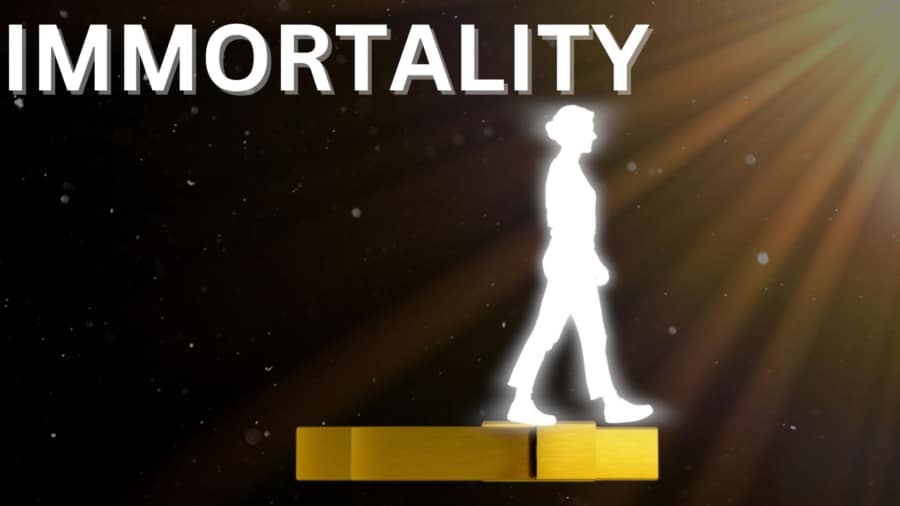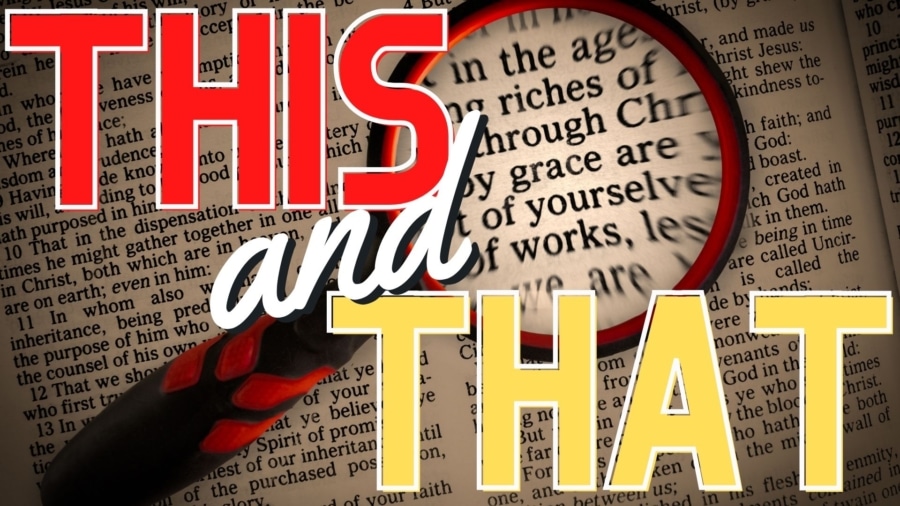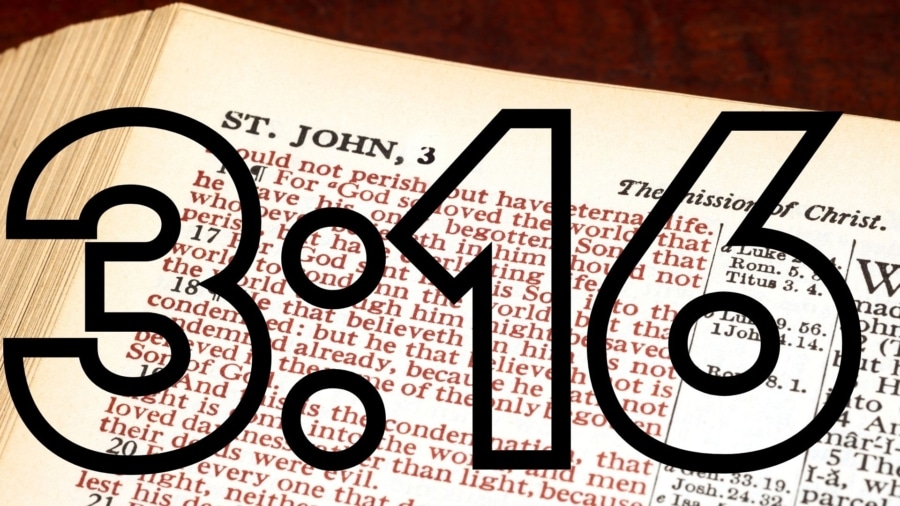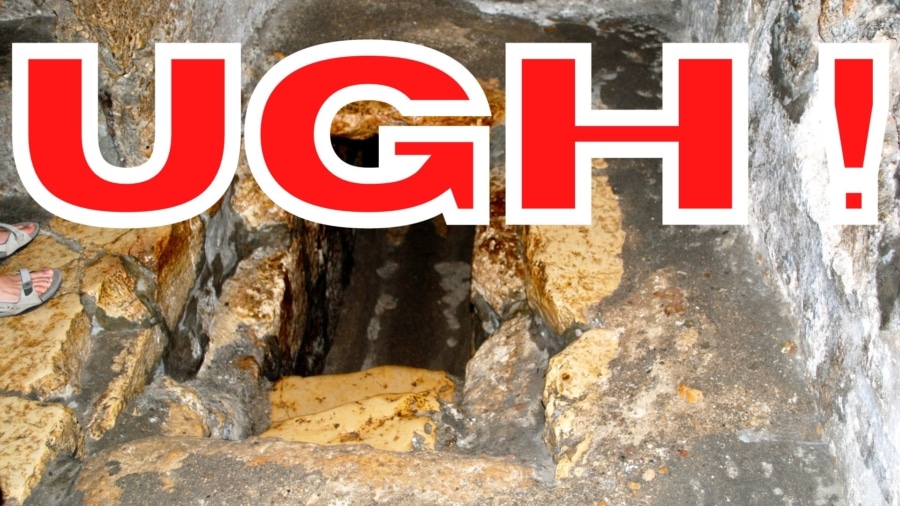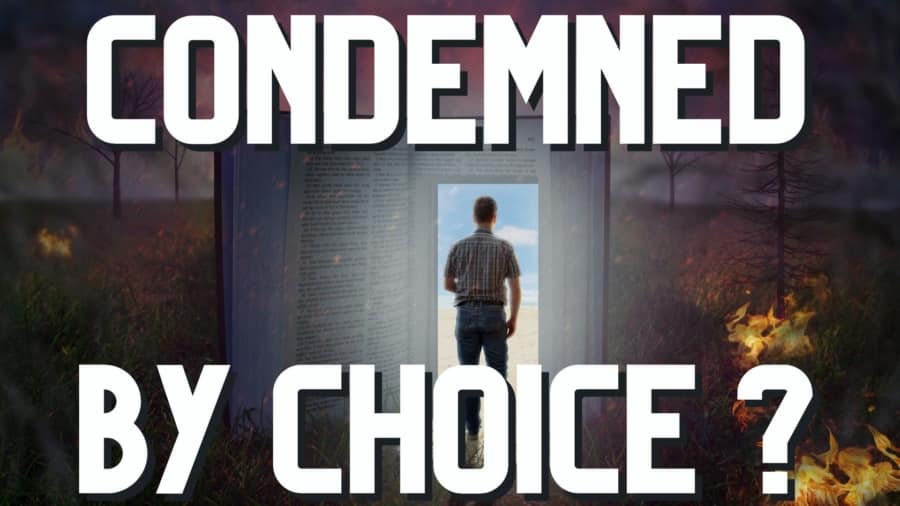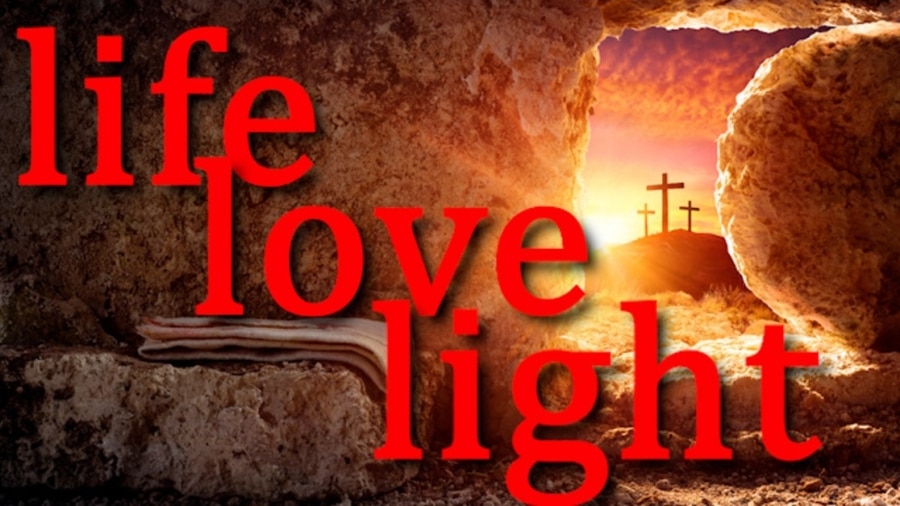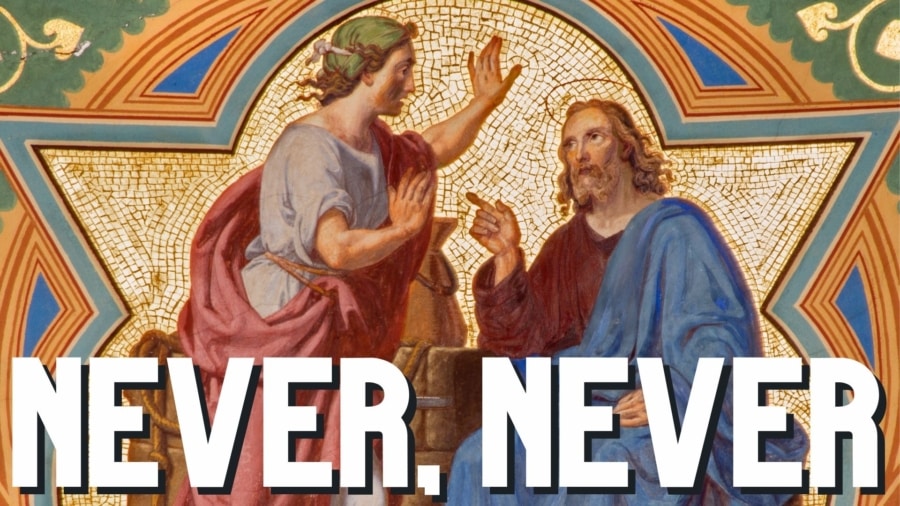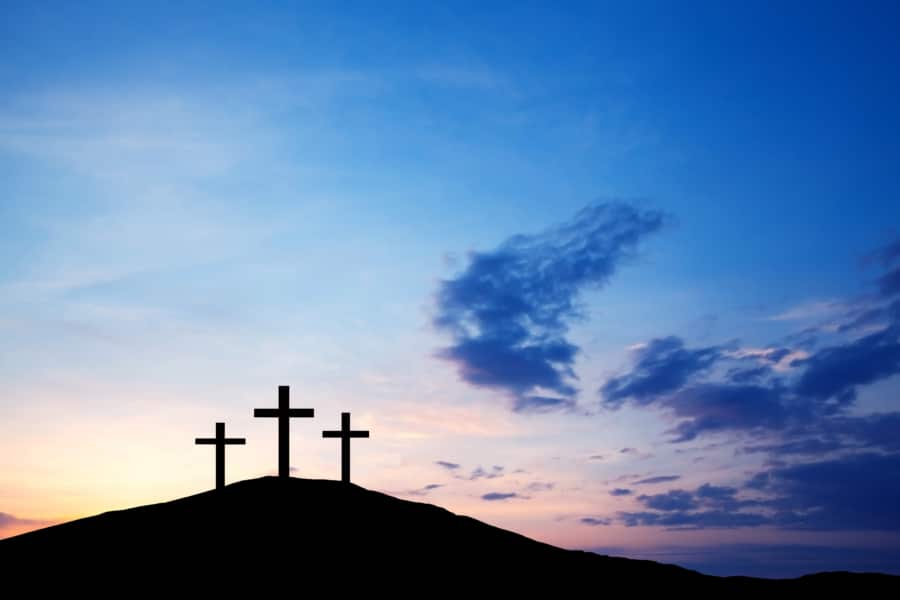Notes for Revelation lessons are >>>HERE<<<
The original, complete audio for Revelation Chapter 1 can be found >>>HERE<<<
John was banned to the Island of Patmos and was given a vision in which he was told to write what he saw. Part of the revelation given him related to local churches to which John ministered before being incarcerated. Each one of the churches has an associated city name, and the name identifies the character of that church. It’s fascinating how these names were given to those cities just so that they would reflect those churches at the right time in history. Additionally, John puts them in a particular order, beginning with Ephesus, so that he can reveal to us the progress of the Church through the ages. I don’t think anyone would question we are living in the Laodicean age which was a lukewarm church as judged by Jesus in the vision. The next video will cover those churches (Revelation Chapters two and three.)
What would you do if you heard the voice of a trumpet behind you? You would do what John did in Revelation 1:12, namely, “turn to see the voice that spoke with me, and having turned, I saw seven golden lampstands, but the seven golden lampstands are pictures of the churches I saw.” The lampstands John sees are not “under a basket” but lights to the world. John also sees “one like the Son of Man” in the midst of the lights. Why would John say it that way? Well, he knew “the Son of Man” well, didn’t he? While Christ was on this earth, who was the closest disciple to Him? John knew him better than anyone else. The phrase “Son of Man” also harkens to Daniel Chapter seven, where you’ll remember Daniel saw the “Ancient of Days” seated on the throne. That was God, the Father, and “one like the Son of Man.”
John sees Jesus Christ clothed with a garment “down to His feet, and He is girded about the chest with a golden band.” Now, in the ancient world, the higher your rank, the wider your belt. The widest belt or golden band from your waist up to the chest speaks of His deity and authority. His head and his hair were white which connotes purity, and the holiness of God. His eyes “a flame of fire” speaks of judgment. He is coming to judge those who belong to Him. Those who walk in fellowship with him have nothing to fear. His eyes were a flame of fire and notice His feet were like, fine brass. An Old Testament idea of burnished bronze was judgment as it had been purified through fire. You’ll remember Peter talks to us about the fact that, “our faith being more precious than gold tried with fire, may be found onto praise, honor and glory of a Lord Jesus Christ.” So, our faith has to go through the refining furnace, just like gold or here as burnished bronze or brass.
John heard “His voice was the sound of many waters.” If you’ve been in Niagara or Victoria Falls, you know that thundering sound. “He had in His right hand, seven stars, and out of His mouth went a two-edged sword.” There are two kinds of swords mentioned in Scripture. The Roman short sword measured from the elbow to the fingertip a broadsword which measured which could be 6 feet long. “His countenance was like the sun shining in its strength. When I saw Him, I fell at His feet as dead. He laid His right hand on me, saying to me, ‘Do not be afraid. I am the first and the last.’” That’s what Jesus would say to you and me, “Do not be afraid.” We have nothing to fear from our Savior. “I am He who lives and was dead. And behold, I am alive forevermore.” This speaks of His humanity. “I have the keys of Hades and death.” Why the keys of hell and death? He can open the “door to death” behind which you are locked and set you free. Or he can take the keys to hell and lock you in there for eternity. Jesus Christ alone has the power of life! One more note from this passage. “The seven stars are the angels of the seven churches.” The word “angel” means messenger. I take then that an angel of a church is the pastor, the messenger in that church. So the seven stars are the pastors of the churches and the seven lamp stands are the seven churches. John has made this easy for us because he has explained the meaning of the signs that he saw.
This world seems to be hurtling in the direction of the tribulation period. How important it is that we understand this book and know and apply it to our lives considering the nearness of the coming of our Lord. We should be challenged to do everything we can to bring other people who are saving knowledge of Christ and be faithful to His word in these perilous times.
Gene Cunningham - May 30, 2022
Should Not Perish
From Series: "The Simplicity of the Gospel"
“Assuredly, I say to you, unless you are converted and become as little children, you will by no means enter the kingdom of heaven.” Matthew 18:3 All little children begin the learning process in life the same way. They learn by faith. Because they know that they don’t know, they are humble. They have never seen an elephant, or a whale, but if you show them a picture book, they learn to identify whatever they are shown. If they are told, “This is an elephant,” they don’t argue and say, “No, I think that is a chicken.” They believe what they are told because it is in their child-like nature to trust. Only as we grow do we begin to assume a level of knowledge, based on what we have learned by faith. As adults we turn more and more to reason (rationalism) and science (empiricism), where we learn by trial and error. Gradually, we begin to turn away from the faith we had as little children. Here, Jesus is telling His disciples that they need to “turn around, go back” to being like little children. They need to come to Him in simple, child-like faith if they would enter into His heavenly kingdom. The same point was made on another occasion (Mark 10:13–16). When we return to the simplicity of child-like faith, we come to Jesus through His Word in humility. And Peter, the leader of the disciple band, assures us “God resists the proud, but gives grace to the humble” (1 Pet. 5:5b). It is time for us to turn back to the simplicity and humility of little children and hear the voice of our heavenly Father!


